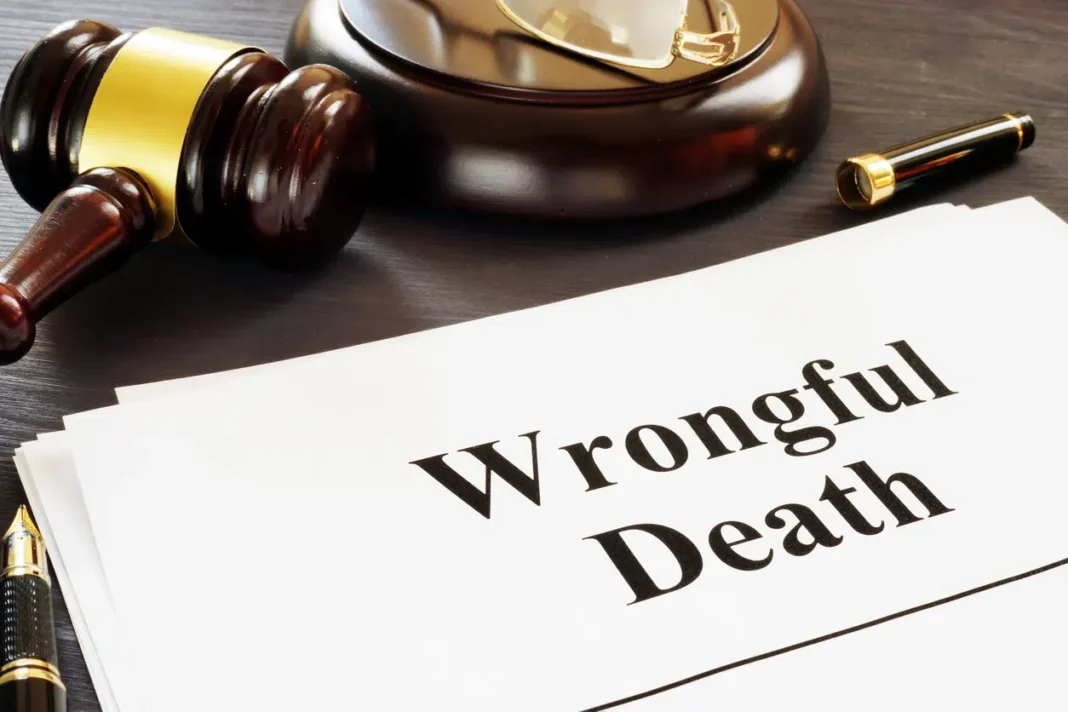Losing someone you care about profoundly hurts, especially when it feels like it didn’t have to happen. In Florida, there’s a way for family members to seek justice and maybe get some financial support if they think the loss occurred because someone else was careless or did something wrong. This is called a wrongful death claim. It’s important to know what wrongful death means in Florida if you believe your loved one’s death was someone else’s fault. This article talks about how wrongful death claims work in Florida. It covers who is permitted to make a claim, what kind of money help you might get, and how long you have to start a claim.
Legal Definition of Wrongful Death
In Florida, wrongful death is defined as a death that results from a wrongful act, negligence, default, or breach of contract or warranty of any person or entity. This broad definition includes a range of scenarios, from fatal car accidents caused by negligent drivers to deaths resulting from medical malpractice or defective products. For a death to be considered wrongful under Florida law, it must be shown that the deceased would have had grounds to file a personal injury claim had they survived the incident. This establishes a direct link between the responsible party’s actions (or inactions) and the death of the individual.
Who Can File a Wrongful Death Claim in Florida?
The Florida Wrongful Death Act specifies that the personal representative of the deceased’s estate must file the wrongful death claim. This representative can be named in the deceased’s will or estate plan. If there is no will, or the named individual is unable or unwilling to serve, the court may appoint a personal representative. The claim is filed on behalf of the estate and the survivors of the deceased, which can include the spouse, children, parents, and, in some cases, any relative or adoptive sibling who was dependent on the deceased for support or services.
Types of Damages Recoverable
Florida law outlines specific categories of damages that survivors and the estate can recover in a wrongful death claim. These include:
- Medical and funeral expenses paid directly by survivors or the estate.
- Loss of the deceased’s earnings from the date of injury to death and future loss of what the deceased could have earned.
- Loss of support and services that the deceased provided to the surviving family members.
- Loss of companionship, protection, and mental pain and suffering for the spouse and minor children, or all children if there is no surviving spouse.
- Parents of a deceased minor child, or of an adult child if there are no other survivors, may also recover damages for mental pain and suffering.
Statute of Limitations
In Florida, there is a predetermined timeline when it comes to the statute of limitations for filing a wrongful death claim. This time limit is strictly enforced, with few exceptions, such as in cases involving homicide, where the timeline might extend. Understanding this legal boundary helps survivors plan their course of action promptly and efficiently. Consulting with a legal professional early can provide clarity on these exceptions and any steps necessary to protect the claim. Failure to file within this period typically results in the loss of the right to seek compensation, leaving families without the means to address financial and emotional losses. It’s crucial for survivors to be aware of this timeline to ensure that they preserve their opportunity for recourse under the law, reinforcing the importance of seeking prompt legal advice to navigate these complex proceedings.
Wrongful death in Florida encompasses any death resulting from the negligent, reckless, or intentional actions of another. The state’s legal framework provides a pathway for the deceased’s survivors to seek compensation for their loss, although navigating this process can be complex and emotionally challenging. Understanding the definition, knowing who can file a claim, being aware of the recoverable damages, and adhering to the statute of limitations are all vital steps in pursuing a wrongful death claim. For those facing the aftermath of a loved one’s wrongful death, consulting with a knowledgeable attorney can offer guidance and support through this difficult time, helping to ensure that justice is served.
Read more articles for anmolideas



